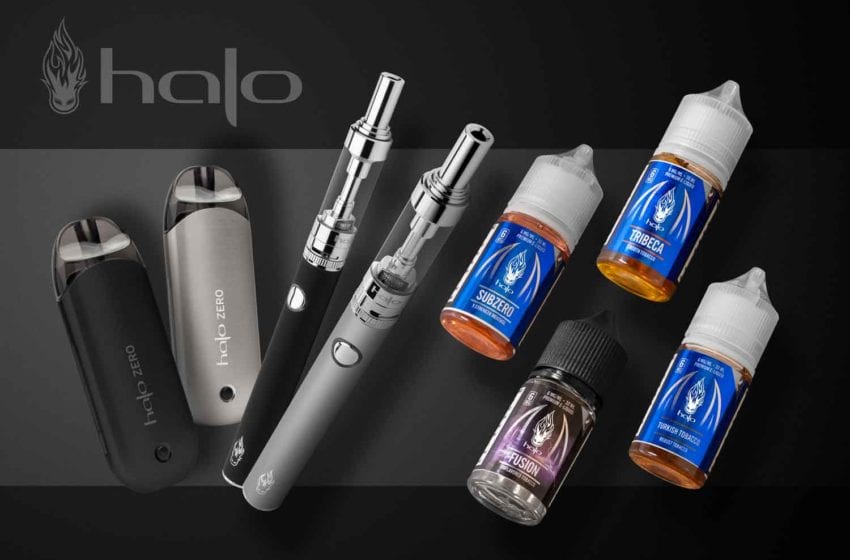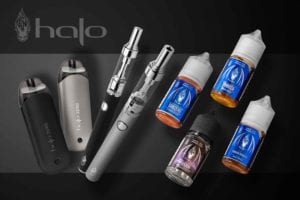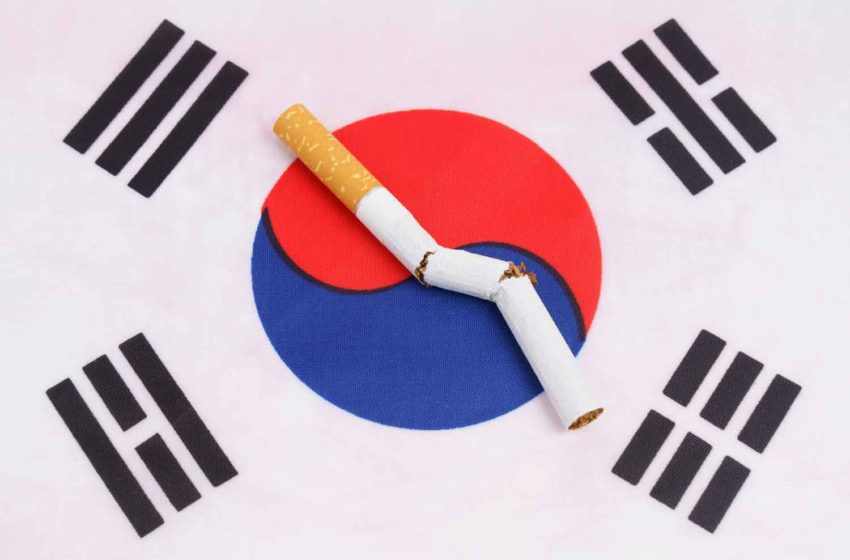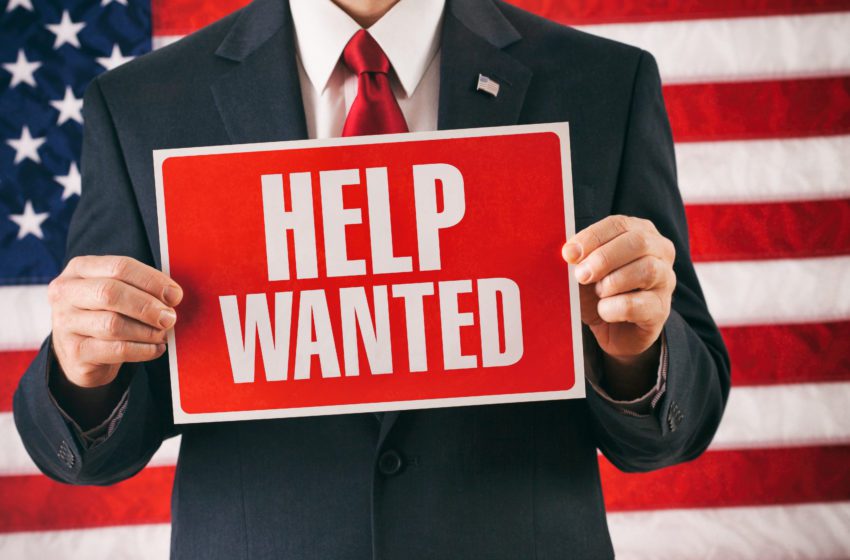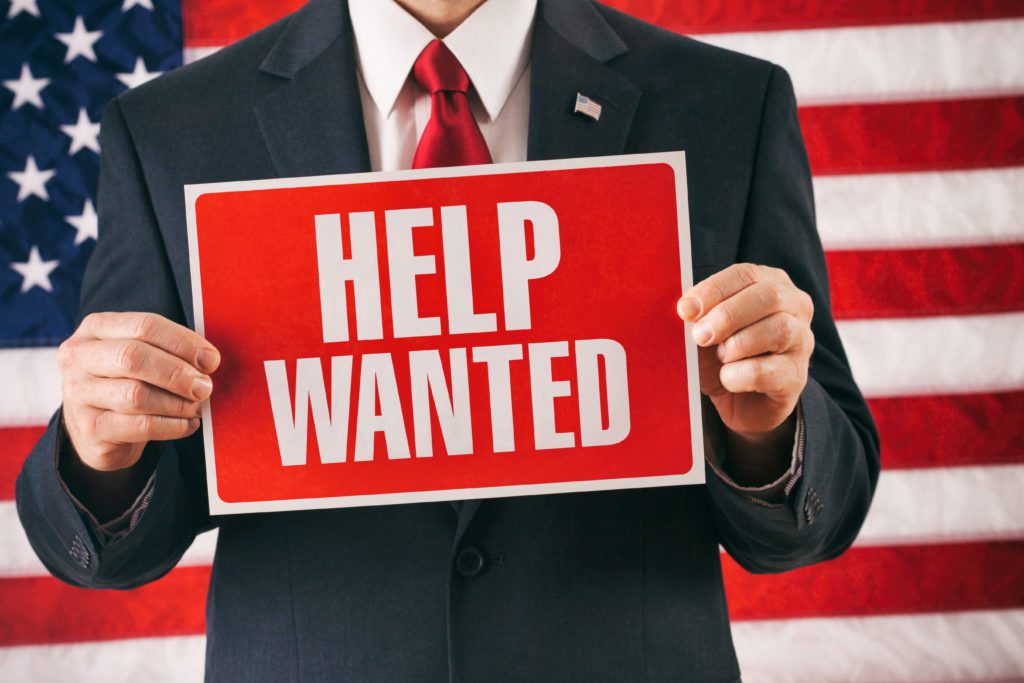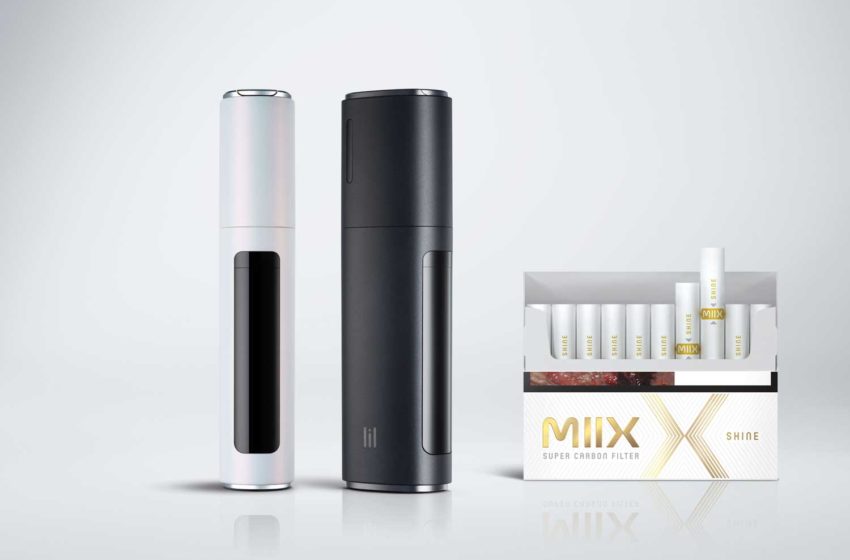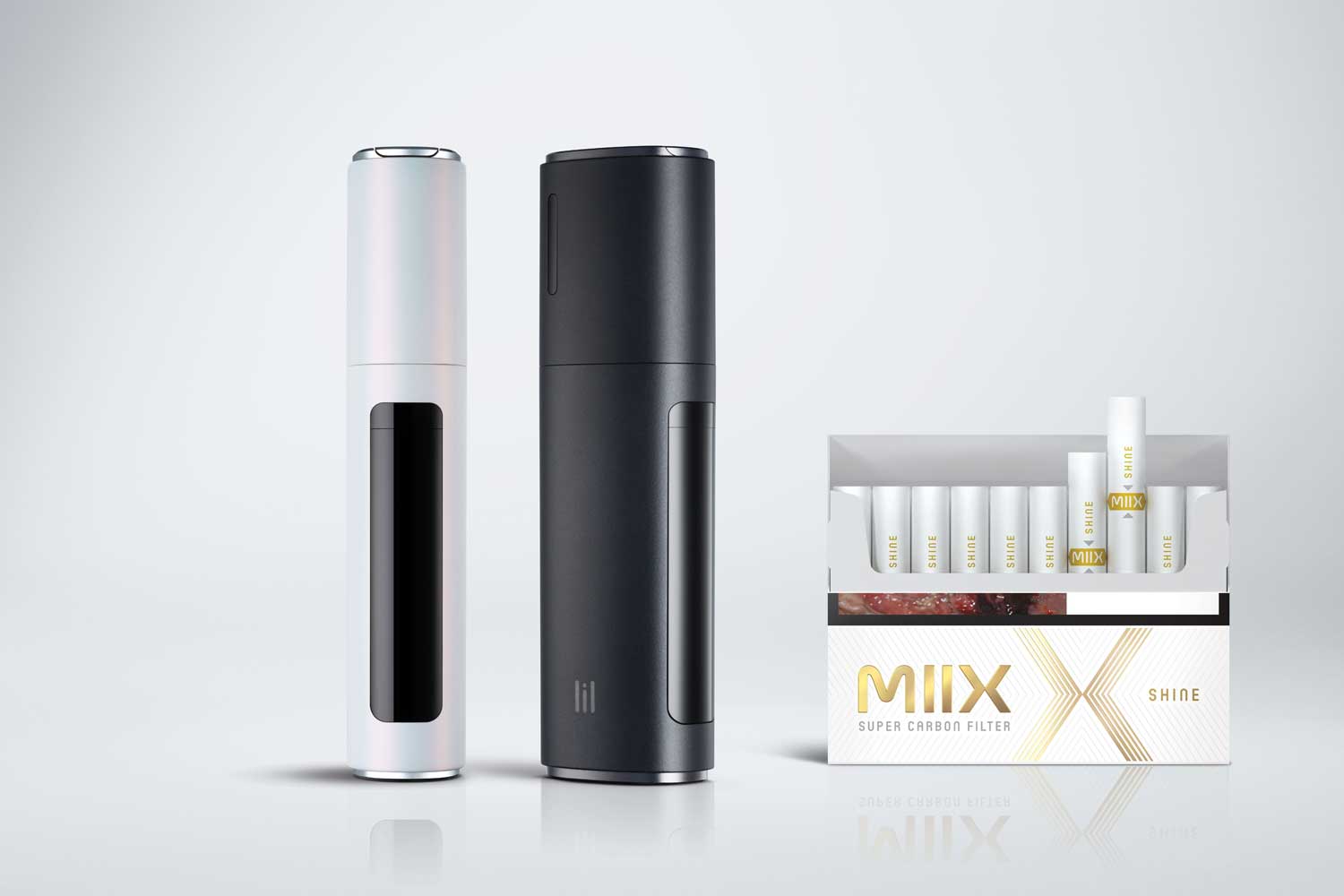
The 11th Circuit Court of Appeals granted the stays to Diamond Vapor, Johnny Copper and Vapor Unlimited. The ruling was in conjunction with Bidi Vapor’s stay. The 11th Circuit handles petitions for review from vaping businesses based in Florida, Georgia and Alabama. All four companies are based in Florida.
The decision allows the companies to continue selling their tobacco harm reduction products while the lawsuits remain active. A three-judge panel heard motions from the businesses and granted the stays by a 2-1 vote. The stays don’t guarantee that the companies will succeed in their challenges to the FDA denials, but they are an encouraging sign, according to Azim Chowdhury, a partner with Keller & Heckman law firm. He said courts usually grant stays only if the plaintiff’s case has a good chance of “succeeding on its merits.”
More than 30 companies have now sued the FDA and many of those appeals will be heard in federal courts over the next few weeks. No decisions have yet to be handed down, and early decisions could affect later ones, according to several attorneys. If there are conflicting decisions in multiple courts, the FDA’s PMTA process could eventually wind up being sorted out by the Supreme Court, according to Chowdhury.


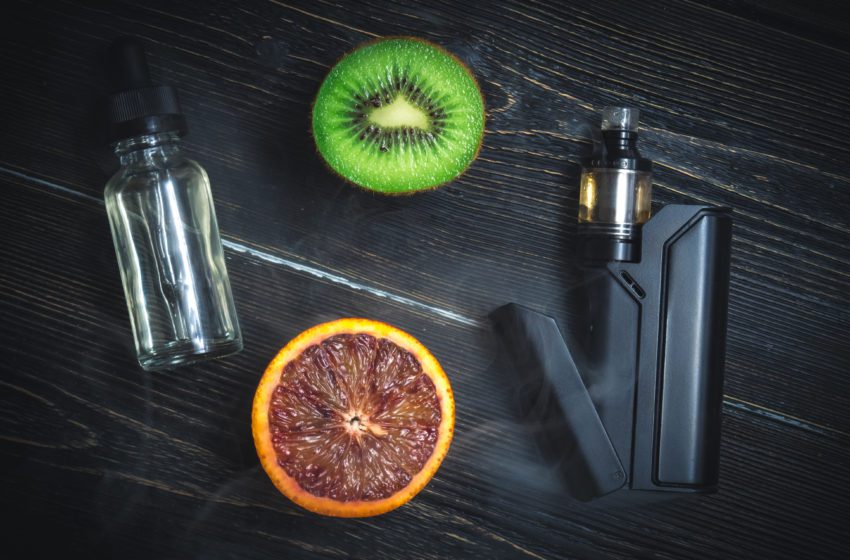
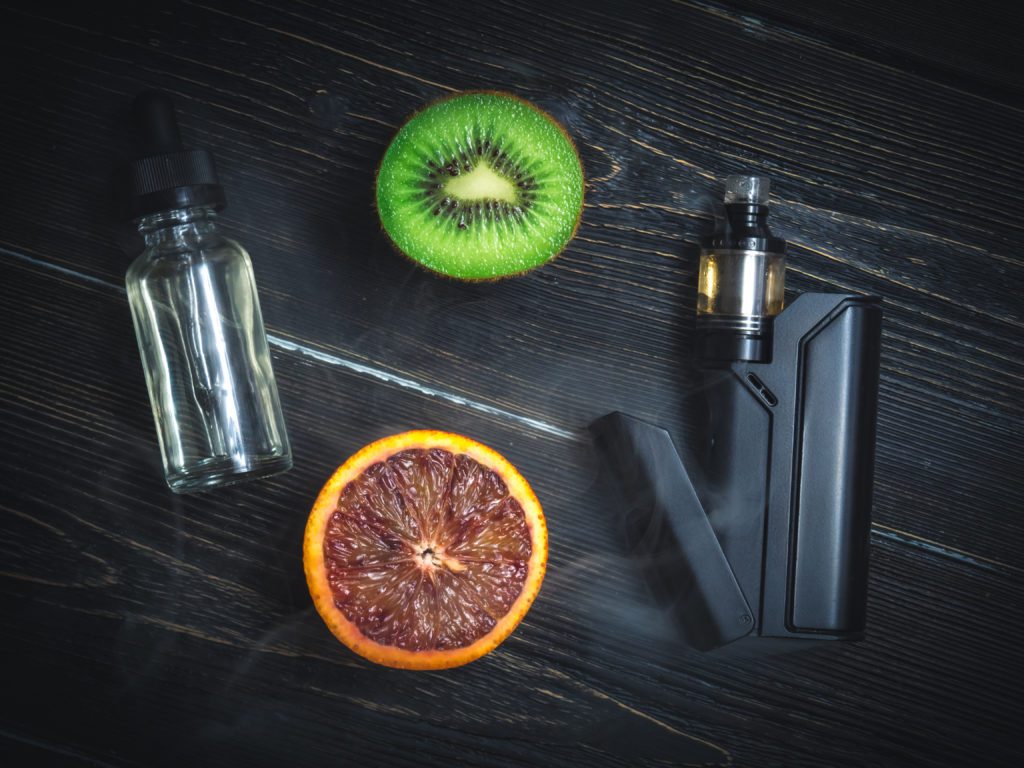

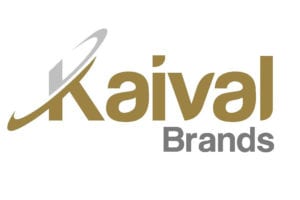 The U.S. Court of Appeals for the Eleventh Circuit has stayed the marketing denial order (MDO) issued by the U.S. Food and Drug Administration to Bidi Vapor in September 2021. The FDA had
The U.S. Court of Appeals for the Eleventh Circuit has stayed the marketing denial order (MDO) issued by the U.S. Food and Drug Administration to Bidi Vapor in September 2021. The FDA had 



